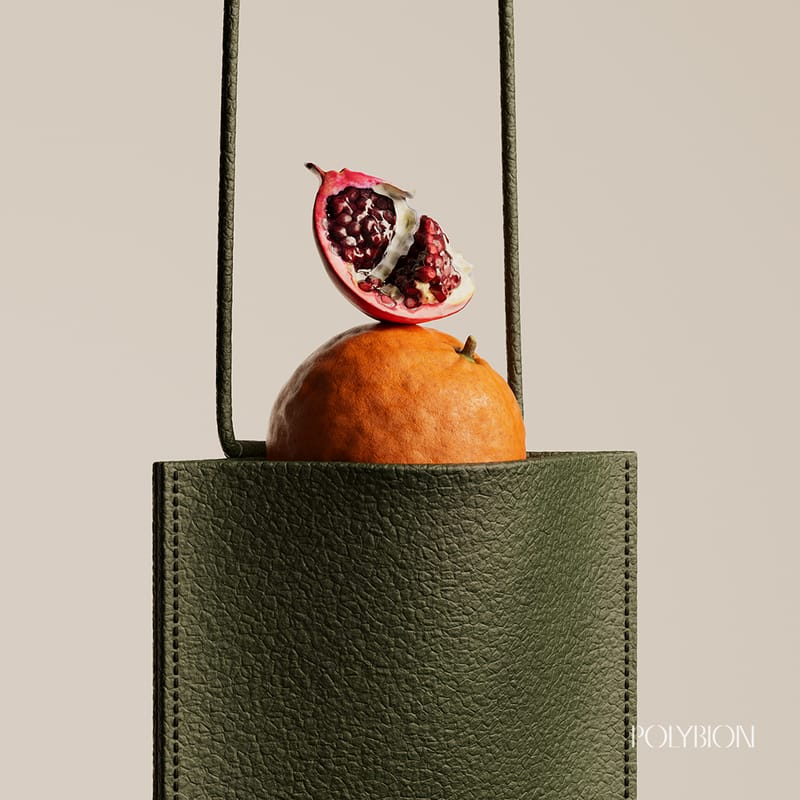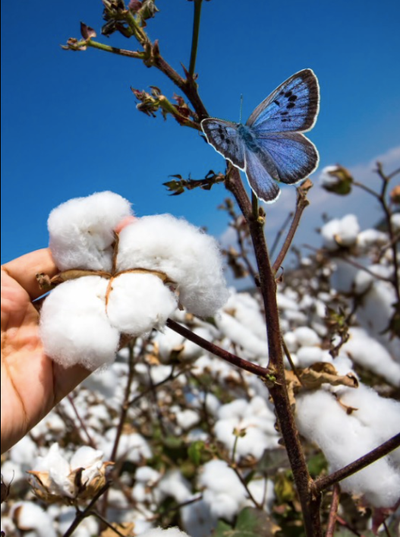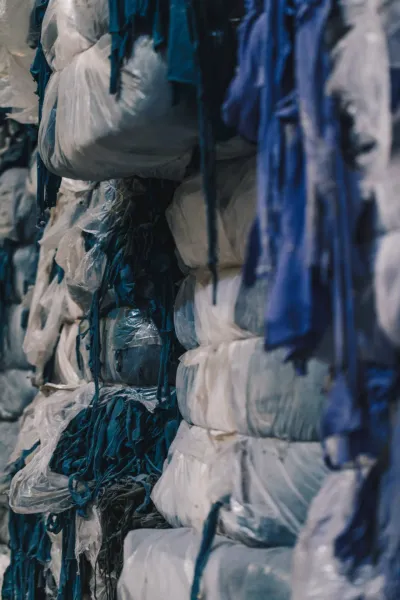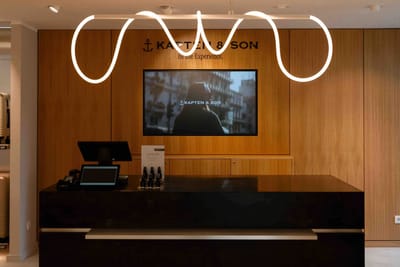Polybion, a trailblazing biomaterials company founded by the visionary brothers Axel and Alexis Gómez Ortigoza alongside the accomplished scientist Bárbara González Rolón, stands at the intersection of innovation and sustainability. With a diverse team comprising biotechnologists, chemists, biologists, engineers, financiers, creatives, and designers, Polybion is dedicated to harnessing the power of biology to craft groundbreaking materials that redefine industry standards.
"At Polybion, our vision is deeply rooted in nature, as we draw inspiration from its intricate processes and organisms," explains Alexis Gómez Ortigoza. "Our collective aspiration is to contribute to a better world by creating sustainable solutions through biomaterial innovation."
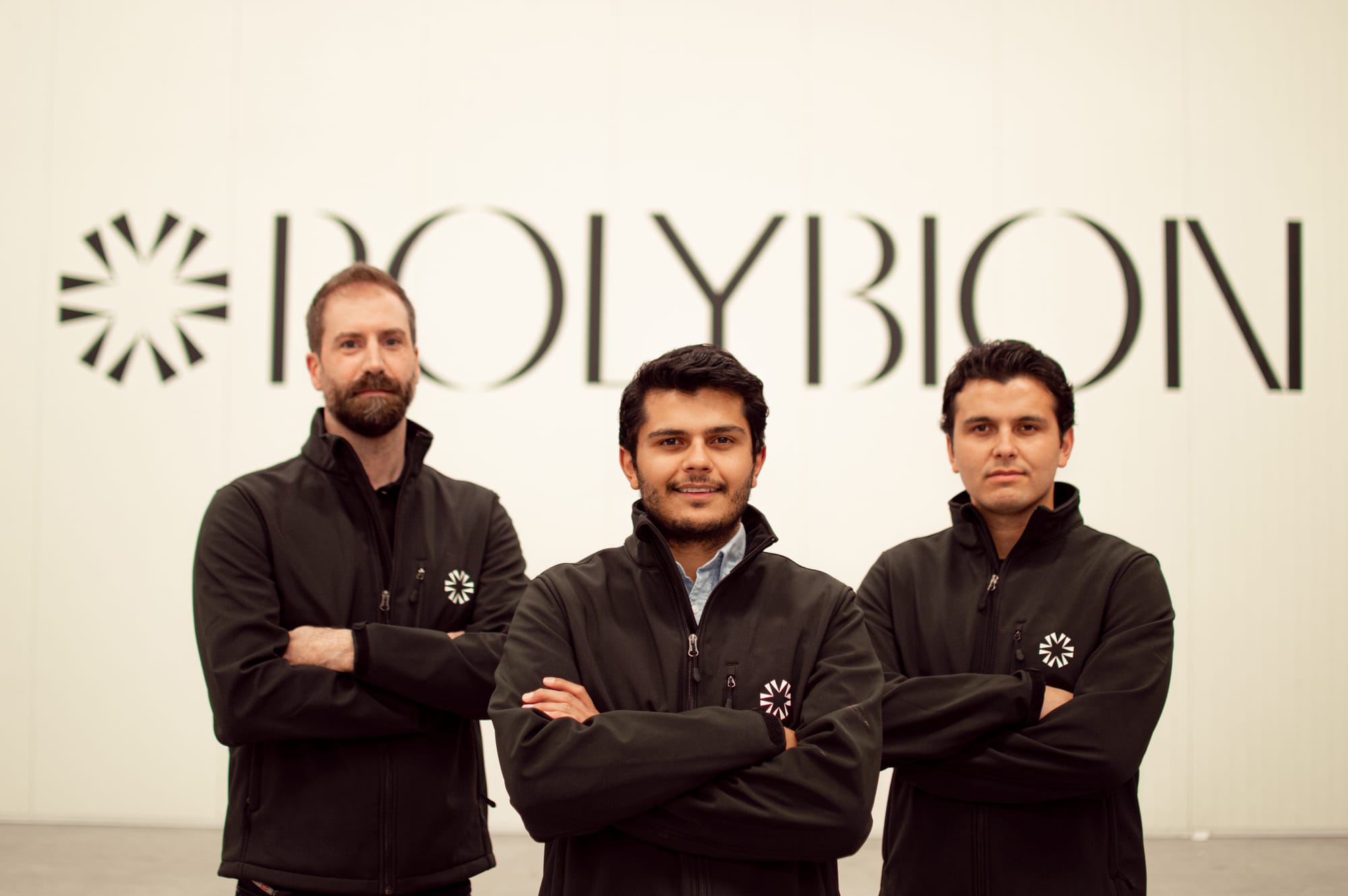
The journey of Polybion began with a vision to revolutionize the biomaterials industry. In 2014, Axel Gómez Ortigoza recognized the potential of mycelium biomaterial during his participation in a Synthetic Biology competition at MIT. This sparked the idea that led to the founding of Polybion. With the support of Bárbara González Rolón's expertise in Materials Science and a government innovation grant, the trio embarked on their mission to bring their vision to life.
However, the journey of Polybion took a pivotal turn in 2017 when a friend introduced the Gómez-Ortigoza brothers to an amazing biomaterial; bacterial nano-cellulose. Polybion swiftly pivoted to focus on this innovative material and proceeded to establish the world's first industrial-scale manufacturing facility for producing bacterial nano-cellulose sheets by securing a Series A funding round, led by Zurich-based fund Blue Horizon. And from there, the rest is history.
"We established the world's first industrial-scale manufacturing facility for producing bacterial nano-cellulose sheets," says Gómez Ortigoza. "This marked a significant milestone for Polybion, and from there, our flagship product Celium was born."

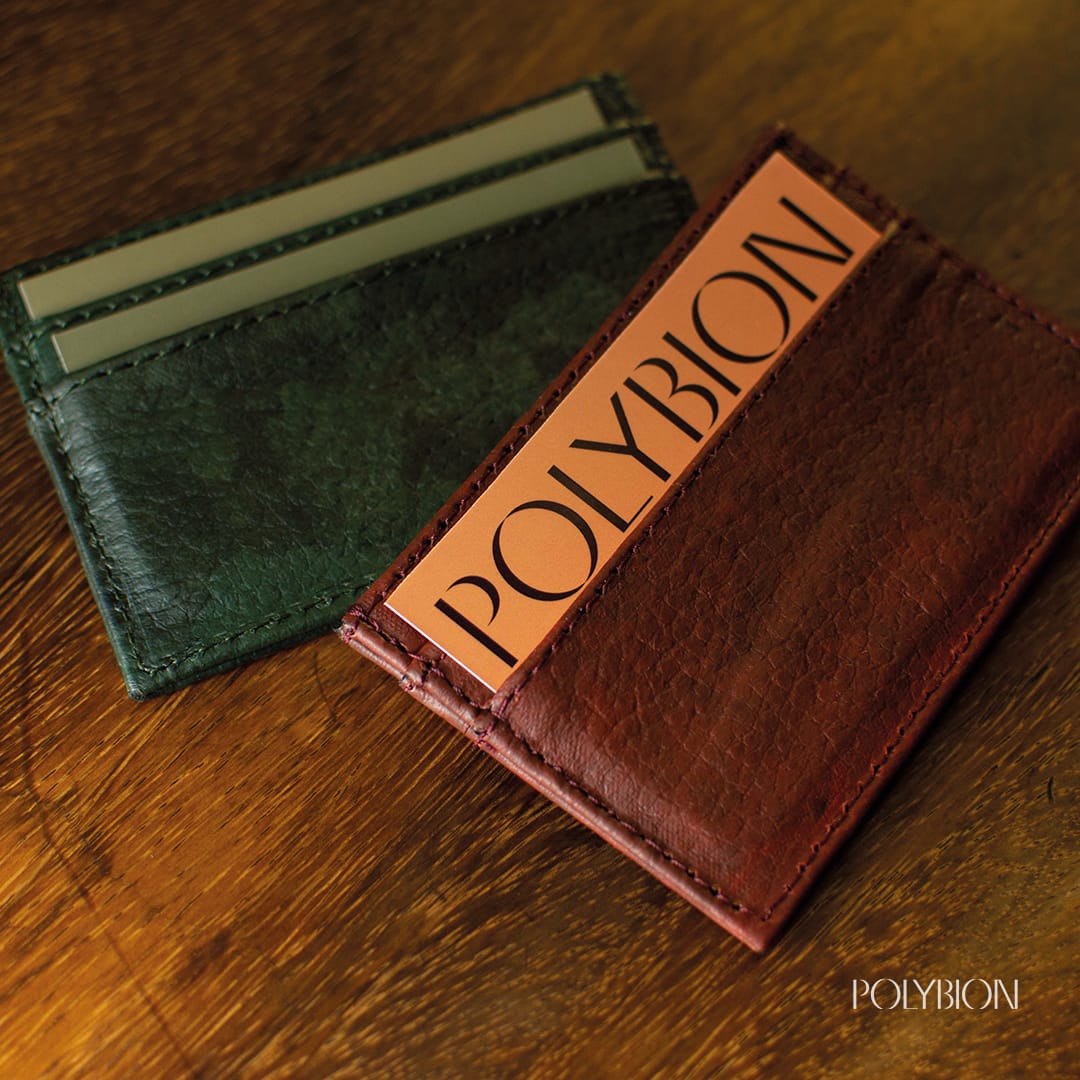
Their flagship product, Celium™ - Premium Cultivated Cellulose, exemplifies their ethos - grown through the careful nurturing of bacteria with agro-industrial fruit waste, Celium boasts an organic nature and self defining aesthetics that sets it apart. As a new material category.
"Our approach involves leveraging naturally occurring organisms like bacteria to craft a diverse array of products", Gómez Ortigoza explains. "Our first product is a premium cultured bacterial nano-cellulose, which can be further processed to create a fabric with unique features tailored for applications in fashion, sportswear, and automotive industries."
This unique fabric seamlessly merges sustainability with forward-thinking aesthetics. "What's remarkable is that Celium can undergo downstream processing using conventional tanning equipment, allowing for customization and adaptation to a wide range of applications in fashion, sportswear, and automotive industries", Gómez Ortigoza explains.
"Our initial focus was on mycelium biomaterials," recalls Gómez Ortigoza. "We cultivated the first pieces of mycelium material on a lab scale as proof-of-concept, and then secured a space for our vertically integrated pilot plant, Fungi Lab, which became the first of its kind in Latin America."

Celium, Polybion's premium cultivated cellulose, exemplifies the company's commitment to sustainability and innovation. Grown through the careful nurturing of bacteria with agro-industrial fruit waste, Celium boasts self-defining aesthetics and organic nature that set it apart from conventional materials.
"Our approach is deeply rooted in sustainability and circular economy principles," explains Gómez Ortigoza. "Celium represents a circular produced fabric, as it is grown using renewable resources and minimal waste, with zero hazardous chemicals released throughout the process."
Polybion's dedication to sustainability extends beyond its products to its operational ethos. "Sustainability, lean operations, and a circular production process are the bedrock of Polybion's ethos," emphasizes Gómez Ortigoza. "These principles not only guide our day-to-day operations but also shape our strategic direction."

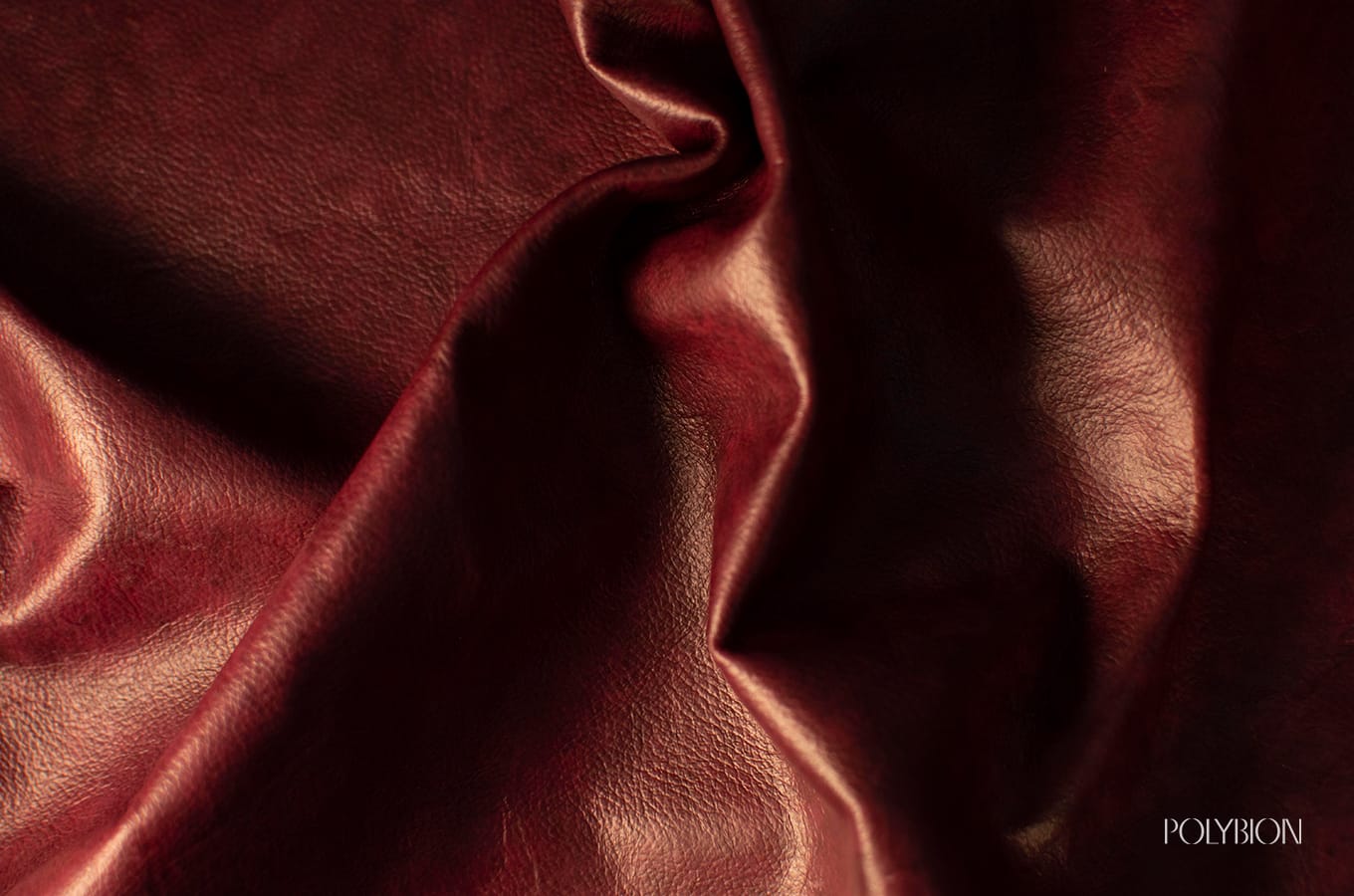
So what sets Polybion apart from other companies in the next-generation materials space? According to Gómez Ortigoza, it's the company's circular production model and the unique properties of Celium fabric. "We've designed a circular production model where waste is re-valued and fed to bacterial cells inside a solar-powered facility," he explains. "Celium is not just another material; it represents an entirely new category with its inherent biological composition and self-defining aesthetics. "
The process of bio fabricating Celium involves nourishing bacteria with agro-industrial fruit waste to naturally create the cellulose structure as a metabolic by-product. This results in a fabric that is biodegradable and can be tailored to various applications without compromising sustainability. "Our material is a testament to nature's artistry," says Gómez Ortigoza. "Each piece of Celium reflects the uniqueness and beauty found in natural processes."
Looking ahead, Gómez Ortigoza envisions a future where biomaterials play a central role in transforming industries and shaping a more sustainable world. "The bio revolution brings new possibilities for creating materials with entirely new properties," he says. "We're witnessing the emergence of bio-metamaterials that combine biological means with synthetic biology to create materials that don't exist in nature."

Polybion's commitment to innovation and sustainability is evident in its recent collaborations and initiatives. Gómez Ortigoza highlights the collaboration with GANNI as a significant milestone for the company, marking Celium's commercial debut in the fashion industry. "Our collaboration with GANNI represents a validation of Celium's potential and marks a key milestone in Polybion's journey," he says. "We're excited to see the world's response to Celium and its unique aesthetics."
Polybion stands as a beacon of innovation and sustainability in the biomaterials industry, pioneering new ways to create materials that honour nature and embody a commitment to a better future. With Celium fabric leading the way, Polybion continues to inspire and lead the charge towards a more sustainable and environmentally conscious world.

